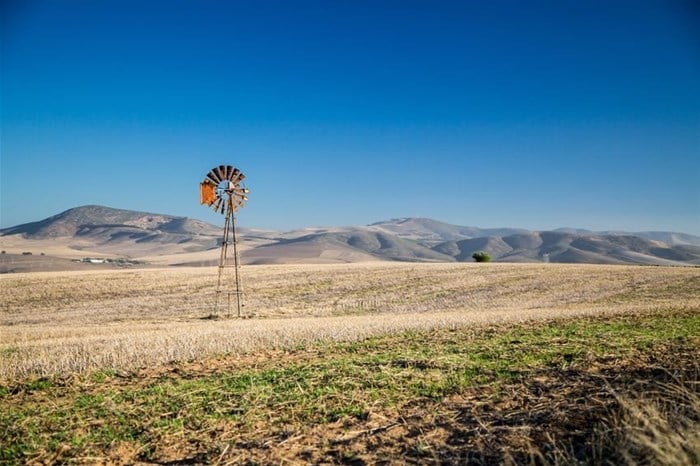






Chanel Kempff, head of fiduciary advice and client value proposition at FNB says: "Each farmer typically has an array of different assets and unique circumstances and therefore client solutions cannot be seen as a one-size-fits-all approach.
"When discussing estate planning with farmers it often happens that the consequences of costs and taxes at death receive so much attention that the practical and legal implications of certain wishes and bequests in the will are sometimes overlooked. This may cause delays in transferring the property to the intended heirs and also leads to conflict arising between family members."
There is a general misconception that estate planning only entails making a will, and further, that the purpose of the will is to assist with savings in estate duty. These conversations usually entail, for example, farmers bequeathing their entire estate to their spouse as a consequence of the capital gains tax and estate duty saving thereon, focusing solely on the possible tax benefits and failing to consider whether the spouse is in fact in a position to effectively manage the farm after death of the first dying spouse.
Dawie Maree, head of information and marketing at FNB Agriculture says: "Another common mistake that farmers make is to give usufruct of the farm to the remaining spouse, however, the heir’s still need to run the farm as a business and continue production as usual. This can create tension and can result in family feuds.
"A common mistake latching onto this scenario is where there is a lack of alignment between the estate plan and the provisions contained in the will. A good example of this is the impact of the limitation on multiple ownership of agricultural property, as stipulated in terms of the Subdivision of Agricultural Property Act. In terms hereof, agricultural property cannot be owned by multiple persons, for example, in undivided shares.
"A classic scenario we often see is where a testator intends on benefitting all of his children equally and bequeaths the farm to all of my children in equal shares. The aforementioned limitation was clearly not considered when the will was drafted, nor when the estate plan was designed which unfortunately resulted in an inexecutable clause at death.
"The impact of this can be that one of the children will end up having to buy out the other siblings’ share in the property (which may result in an unnecessary and unintended burden on that child) or perhaps that the entire property has to be sold on account of family disputes in trying to resolve the ownership issue," adds Kempff.
Tying into the ownership considerations, are the often-neglected conversations on treating the farm as a business, as well as who the responsible party or parties will be, tasked with running the farm.
This opens up discussions surrounding potential ownership of the farm in a company structure, with the shares transferred to individual heirs or to a trust for the benefit of the beneficiaries (where the administration and management thereof is overseen by competent trustees able to look after the farm in professional capacity).
"As the old adage goes, by failing to plan, you plan to fail. The lack of a long-term strategy, including estate planning, for the farm’s finances, is crucial. It is important to start as early as possible to plan for the future. The younger generation often assume there’s still enough time to do estate planning, however, things can change instantly, and it becomes too late. Rather do your estate planning the moment you set your foot on the farm or in the business," adds Maree.
The aim is therefore to start by comparing different entity options and structures in order to determine which would be best suited for your unique circumstances. Thereafter, and equally important, is to ensure that your Will is updated in line with the chosen structure. Although the farm is often the asset in the estate with the highest value, it is imperative that planning should be done, taking all estate assets into account which includes determining what the estate administration costs, taxes and other liabilities will be on all of the assets in the estate.
This should include possible outstanding loan accounts to and from third parties as well as determining what the future provision requirements of dependants will be. This will ensure that liquidity needs are met and are in line with the wishes as outlined in the will. Liquidity requirements can either be solved in terms of extra life insurance that is taken out on the life of the owner, investment and savings plans that are executed or possible restructuring, in order to mitigate the tax, costs and other liabilities consequences at death.
Bearing in mind that liquidity is generated from the farm, planning in conjunction with a panel of experts, such as fiduciary specialists, financial planners and even agricultural specialists, should be done in order to take all planning opportunities into account.
"It is also incredibly important to note that the aforementioned planning exercise should not be a once off exercise – it should be dynamic and reviewed regularly to ensure that it remains relevant to your specific circumstances and evolves as and when applicable legislation requirements change," concludes Kempff.